I’m writing right now from the center of Israel—not Jerusalem, the spiritual heartland, but the true center, Be’er Sheva, four hours in from both the north and the south. A short bus ride away is Rahat, the largest of Israel’s few recognized Bedouin villages, where ground floors quarter cattle and chickens while families reside above. Half an hour in another direction, Arad houses—or more often than not, doesn’t house—up to 1,000 Sudanese refugees with no legal status. Here in B7 (its loving but inaccurate nickname), a preschool segregates its Ethiopian toddlers from the rest of the class while police confront a handful of protesting students outside.
Living in the center of everything, you tend to stumble upon a lot of questions. Like these: if Israel’s economy is soaring, why does one in three Israeli children live under the poverty line? When will Jerusalem’s Arab-Israelis, who comprise 35 percent of the city, see more than 10 percent of the city budget? Is it not absurd that economically, Holocaust survivors fare better in Germany than in their own long-awaited homeland?
As part of an international study program at Ben-Gurion University, I spend a lot of time searching for answers to questions like these. My curriculum has included courses on ethnic conflict, terrorism, environmental politics, and Arabic (taught in Hebrew…thanks, Ziva!) More than reading texts, though, I’ve had the opportunity to see the complexities of this country firsthand, and everywhere I look there is something to do.
In recent years refugees from Sudan have flowed into Israel, the nearest democracy and a safe haven from the carnage at home. Not knowing what to do with them, Israel has not managed to do anything; most rent shared apartments and try to find work as legal non-persons. That’s where university students come in. I volunteer with the Sudanese refugee communities in Arad and Jerusalem through two organizations—Hebrew University’s Activists for Asylum and BGU’s Students for Refugees. I’ve translated educational materials, sold fundraising merchandise, lobbied in Knesset and conducted interviews. In the past, some of the hardier volunteers have housed scared newcomers in the middle of the night.
In addition, every week I commute to another conflict center—East Jerusalem, where I volunteer with the Palestinian Human Rights Monitoring Group. They are an incredibly brave organization that monitors human rights violations without regard to the dictates of political fashion. That means when Israel expropriates Palestinian land, and when the Palestinian Authority does the same thing, PHRMG reports on both with the kind of honesty that gets people arrested here (and has—Yasser Arafat once had the group’s director Bassem Eid jailed. I’d admire almost anyone with that qualification.)
I also volunteer with Middle East Nonviolence and Democracy, which encourages active nonviolence in Palestinian society and civil protest as opposed to bloodshed. It’s a slow but rising shift that could help soothe Israeli trauma, facilitate peace, and strengthen both Israeli and Palestinian democracy.
During this gap year in Israel I’ve also attended lectures by Martin Luther King III, Bernard Lewis, Tzipi Livni and Bibi himself. None of them answered my questions. But in the morning, I can stop on the side of the road to eat an almond off the tree; by nightfall I can watch a meteor shower in the parched, thirsty desert. In a country where so many unlikely things happen so close to one another, surely we can find answers. Surely we can create solutions.
Meanwhile, tomorrow I’ll make my way to a part of Israel’s capital that Egged doesn’t even bother to route buses through, working to make the Medina just a little holier. Monday I’ll be back at school in B7 wondering why Arabic devised such a devilish system for something as simple as plurals. And hopefully by the time I come home in July I’ll be able to say (in Arabic?) that, from visiting the Quaker Friends’ School and alumni ice cream parlor in Ramallah (it’s less scary than Mea Shearim, honest) while trying to catch a glimpse of Banksy the artist graffit-tagging the security wall, to maintaining connections with badly traumatized teens I met last summer in Sderot, to seeing the world-famous Bethlehem festivities on Christmas, I’ve made the most of a year in Israel.
But I’ll leave you with a few more questions. Why do Diaspora Jews insist on planting evergreens in the Negev in the midst of Israel’s worst water shortage in 80 years? How can it be that a denomination of Judaism isn’t even recognized in the Jewish state, while law-breaking extremists enjoy government funding? If you’re going to Israel next year, don’t be afraid to demand the answers.
Elana Eden ’09 was editor-in-chief of The Boiling Point for the 2008-09 school year.

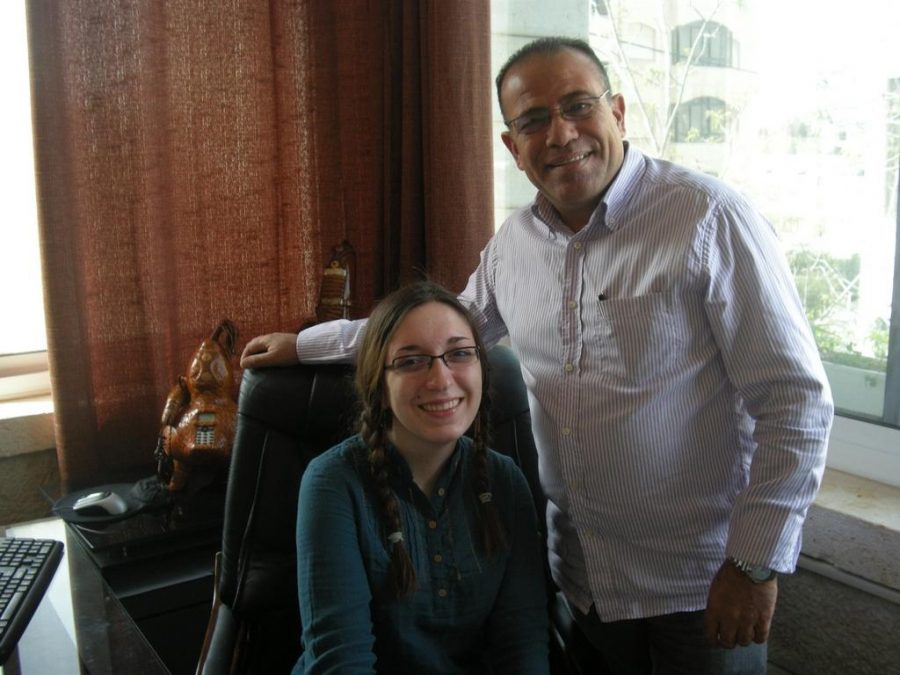
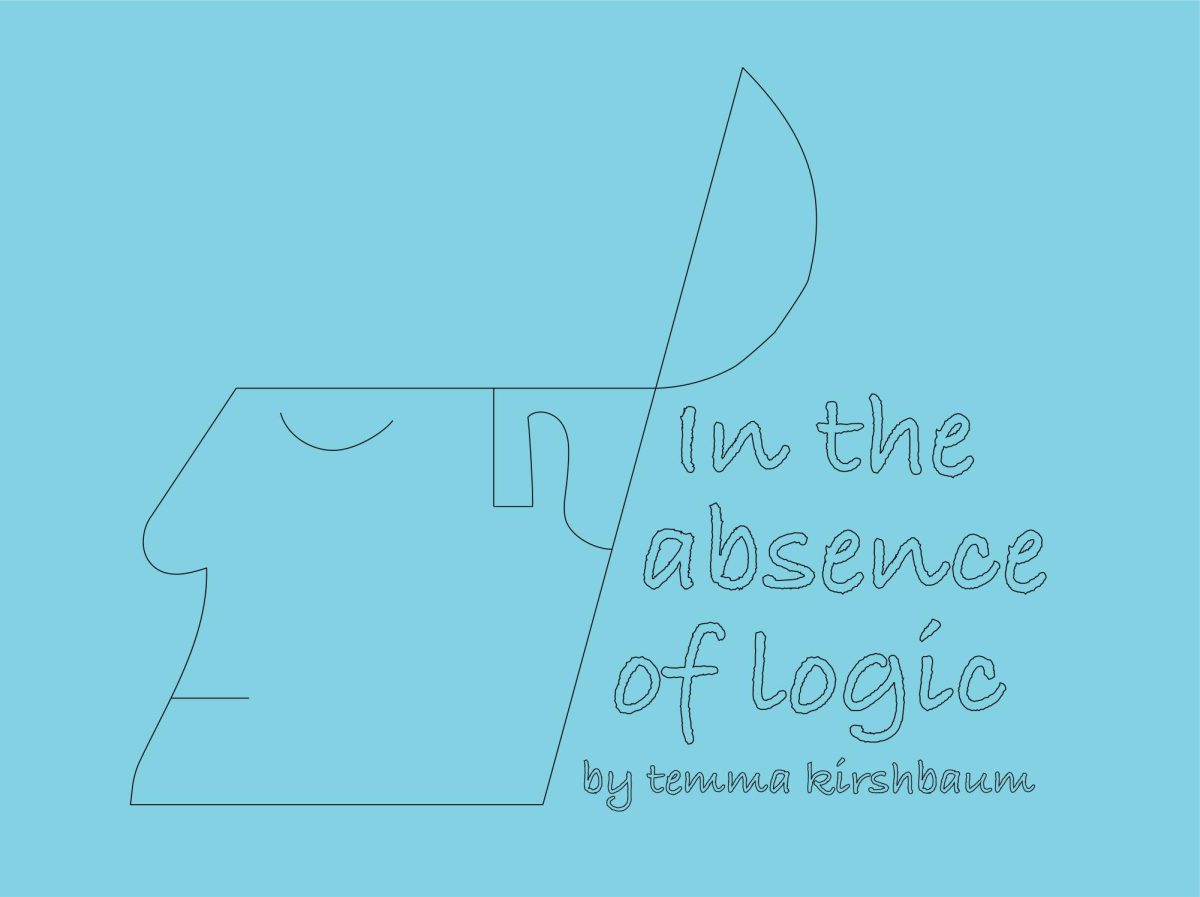
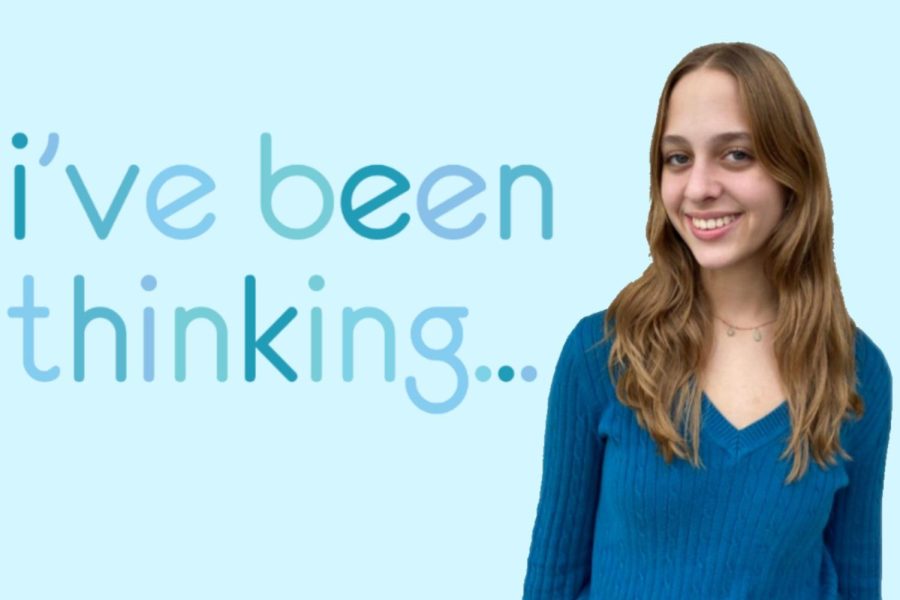
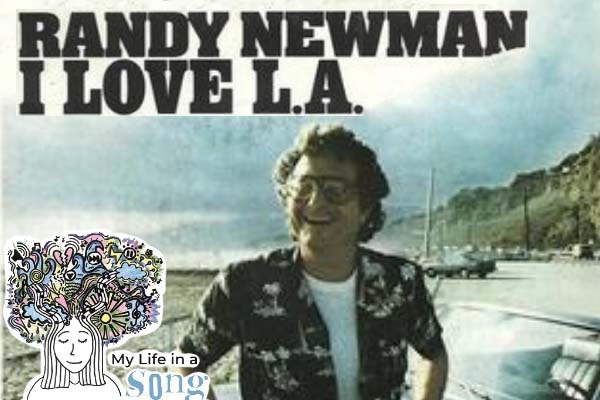
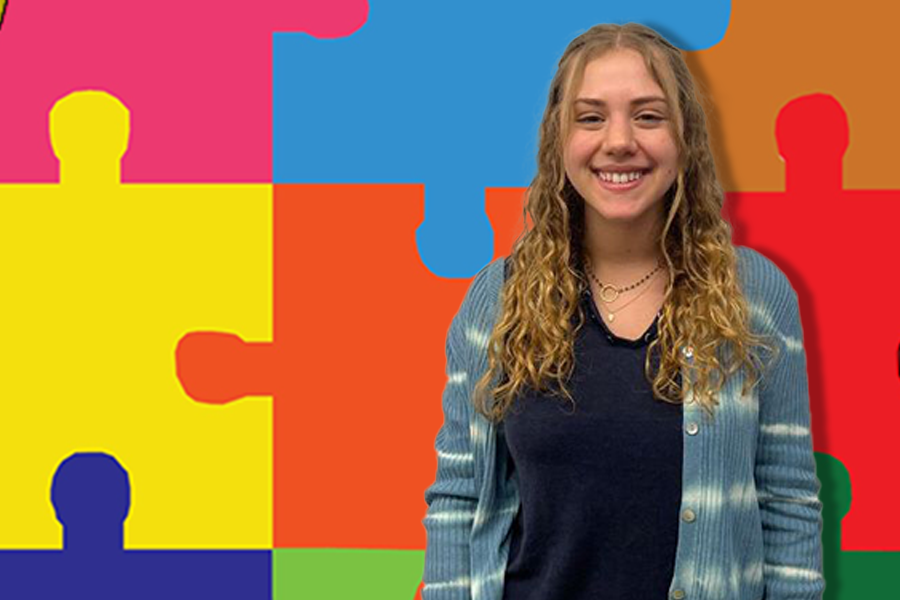


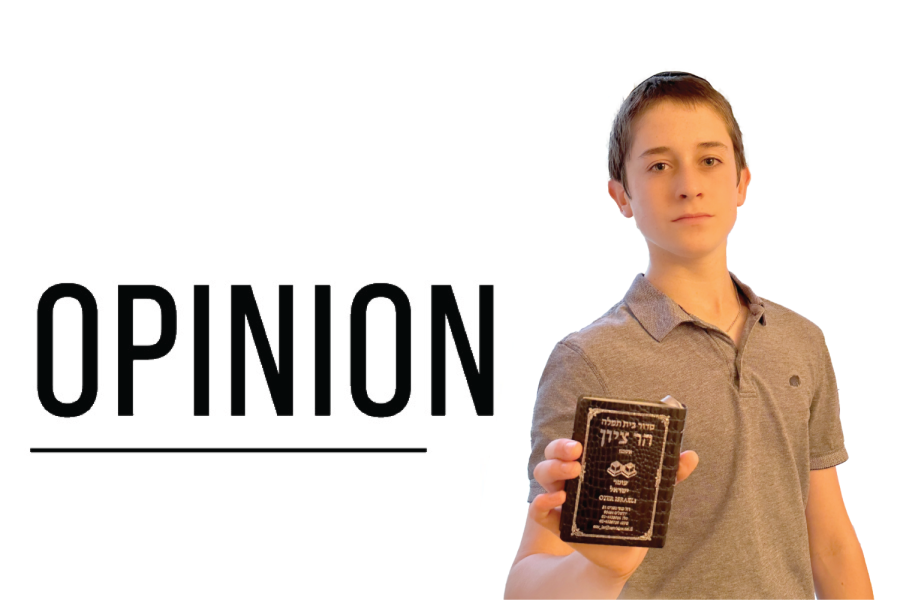
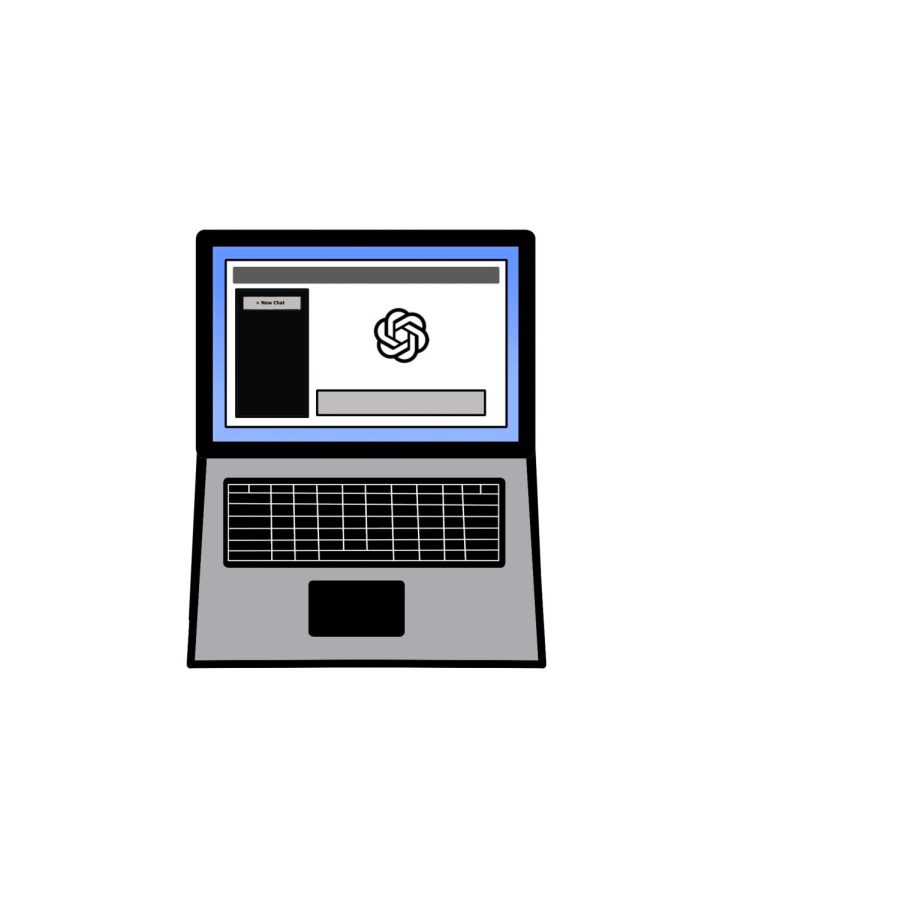
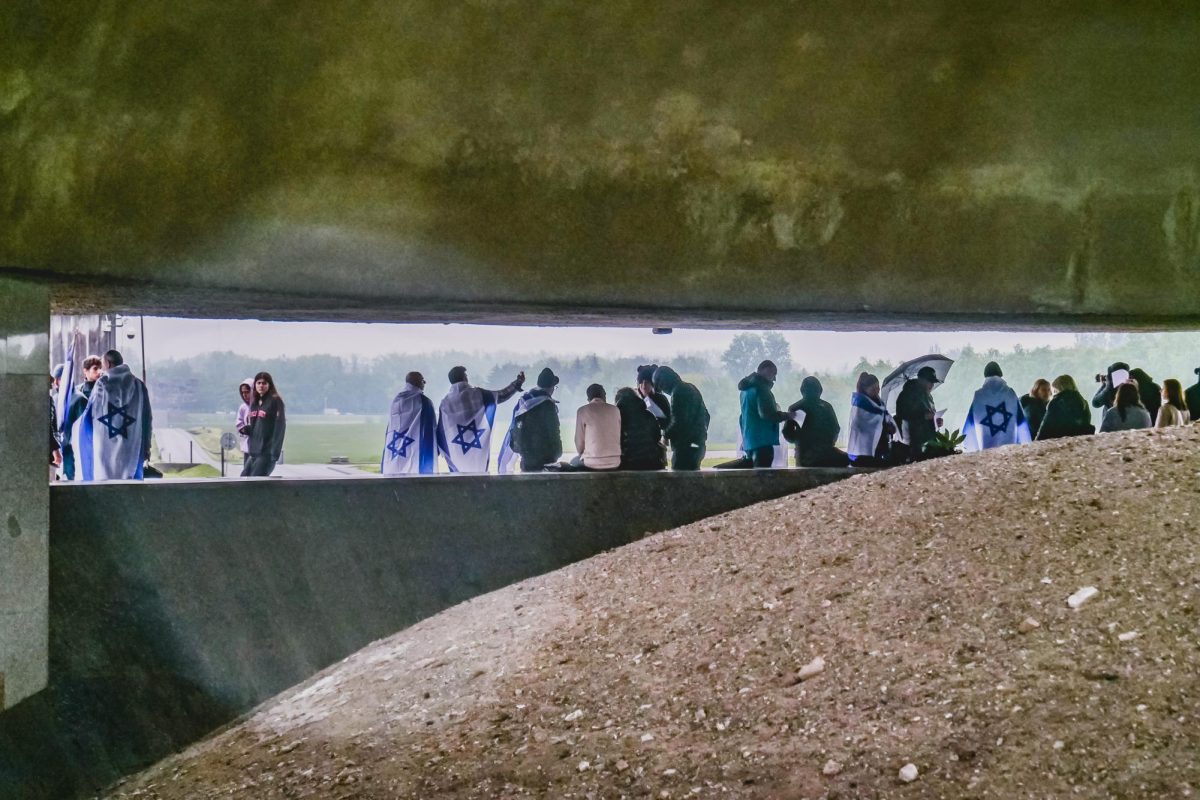
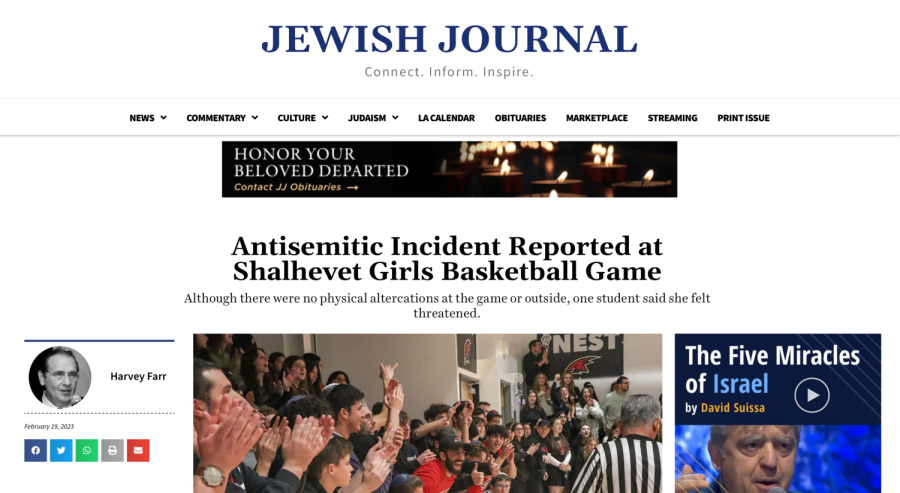
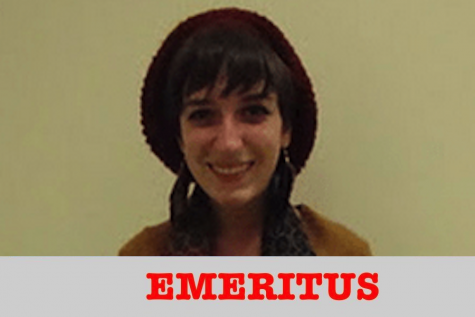
Nick Eliopulos • Dec 22, 2023 at 7:49 am
I initially thought you might be the ex Hollywood actress. After reading your peace, though I think you’re doing Amazing important things and doing it with a breezy natural attitude. I hope leaders listen to you.